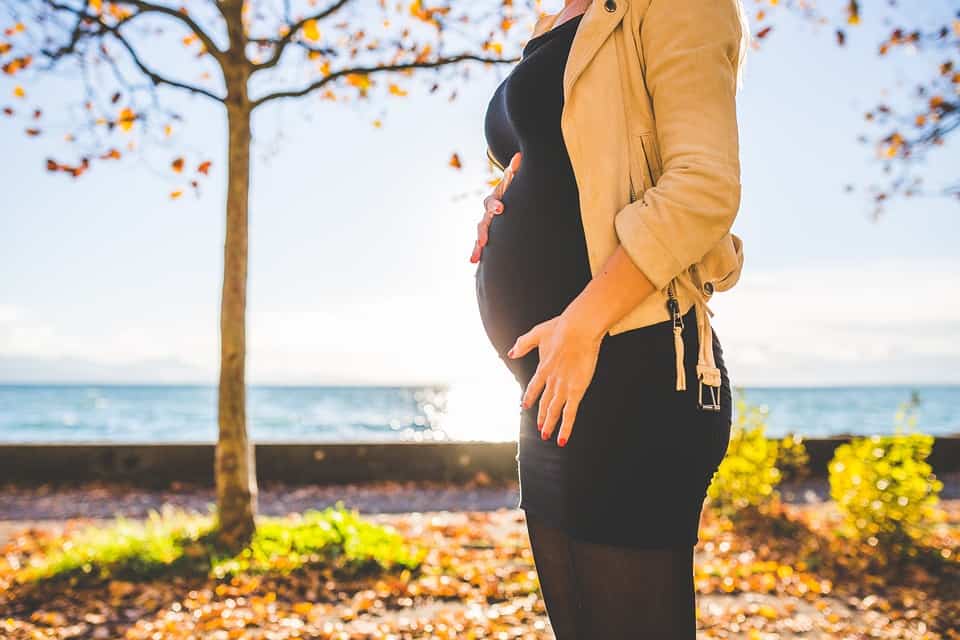
Cheap drug could prevent thousands of maternal deaths worldwide
pharmafile | April 27, 2017 | News story | Research and Development | postpartum haemorrhage
A drug that has been available to patients for many years may have found a new use to prevent mothers dying from postpartum haemorrhage. The drug, tranexamic acid, was invented by a Japanese couple in the 1960s but has previously only been used as a treatment for heavy periods.
It looks like that could be set to change, after a worldwide clinical study of 20,000 patients found that the drug was able to cut deaths by a third in those that suffered postpartum haemorrhage. The drug is cheap to produce, with most countries paying $2.50 for the treatment, and has been found to be safe in patients.
The reason it has taken over 50 years for the treatment to be trialled for its original, intended purpose is because Professor Utako Okamoto, the inventor of the drug alongside her husband, could not convince doctors to trial the drug.
Professor Okamoto did not live to see the results of her drug being trialled, as she died, aged 98, not long after the last patient had been enrolled on the trial. However, the results of her work and the trial will see her work gain international attention.
The trial results found that women suffering from postpartum haemorrhage who were given the drug within three hours of delivery were a third less likely to die than those who received a placebo. The effect waned if the treatment was not delivered within this period. The trials also displayed that there were no significantly different safety risks between the placebo and the tranexamic acid groups – highlighting that the safety profile of the drug.
The United Nations found, in 2015, that the number of maternal deaths stood at 303,000. 18% of these were as a direct result of haemorrhage, with this mainly found to be the case in poorer countries. The real benefit of the drug is that, even in countries that are lower-income, the drug should not be prohibitively expensive and could make a real difference to numbers of women dying due to childbirth.
Ben Hargreaves








